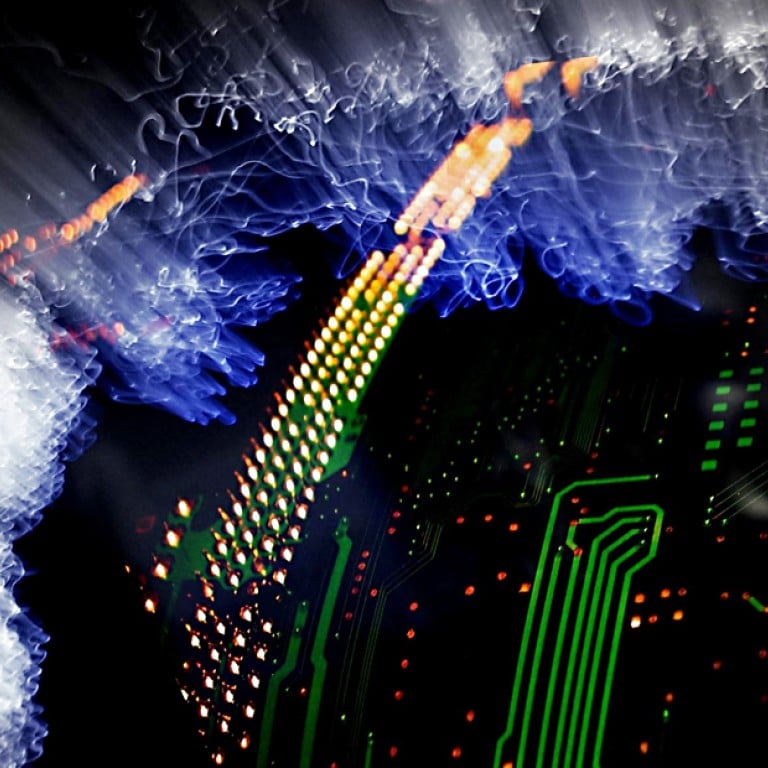
Post-Snowden China looks to 'hack-proof' quantum communications
The holy grail of data encryption should, in theory, be safe from prying eyes
Ten months after Edward Snowden revealed the extent of the US' global surveillance programme, China started to build the world's longest quantum communications network, transmitting signals some 2,000km from Beijing to Shanghai.

China is plans to launch the world's first quantum satellite, the Chinese Quantum Science Satellite, in 2016, Pan said. It will test how to teleport quantum particles from the space to the earth.
China is not alone doing this. A Switzerland-based start-up, ID Quantique, last October installed a 650km quantum link in the US, media reported. It is now looking to secure funding to build a network linking all major US cities, which could exceed 10,000km.
Quantum communication, which transfers information by using a technology called quantum key distribution, is the holy grail of data encryption. Theoretically, it is impossible to hack.
In quantum mechanics, connections are made between two points when photons of light become entangled. This creates an encryption key that can be used to send the message through normal channels.

While the technology has been tested and developed by countries around the world for decades, to the general public it is something from the science fiction. The Snowden incident suddenly brought the technology in the spotlight and strengthened national governments' determination to pour more resources into developing the technology.
Revelations by Snowden that the US is targeting "network backbones", through which huge amounts of data are transmitted, convinced Chinese leaders that developing the next generation of internet infrastructure was a policy priority.
Shortly after the Snowden incident, mainland scientists involved in the quantum programme told the that the central government "will definitely speed up the research into quantum communications."
There were still some hurdles to overcome.
For instance, the quantum state of photons is very "fragile" and can easily get lost in long distance travelling. The bandwidth of such networks is also limited, making it difficult to transmit large amounts of data.
But scientists have made remarkable breakthroughs in the last few years that will make real-life quantum communications feasible.
The UK National Physical Laboratory in Teddington earlier demonstrated in a field trial that it was possible to achieve quantum communications on existing fibre-optic infrastructure. The scientists have successfully increased the network speed while greatly reducing signal noise.
Despite of these breakthroughs, Professor Gao Fei, director of the State Key Laboratory of Networking and Switching Technology at Beijing's University of Posts and Telecommunications, said most of the quantum networks were still in the experimental stage. He also said there were still flaws in the system that hackers could potentially exploit.
For instance, an intruder could "blind" the photon detector at the receiver's end with a laser device and intercept the key files without triggering an alert.
The Chinese scientists have been trying various hacking techniques and tactics to test for weaknesses in the system.
"Existing quantum communication devices have their soft spots. There will be some way to go before the large-scale implementation," he said.
Potential users of the technology, such as governments and banks, might still have to rely on conventional networks in the near future before scientists sort out the remaining issues.
"Quantum communication technology alone cannot solve the problem of cyberespionage because it only guarantees the safety of key files in transmission," Gao said. A network's routers and servers may still be susceptible to breach.

